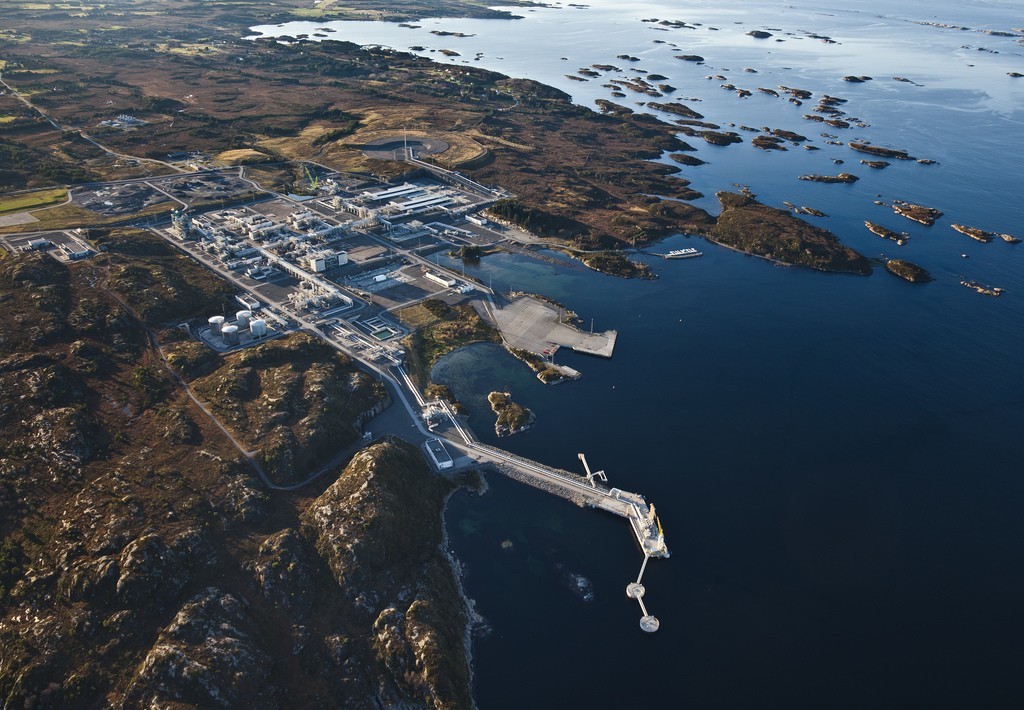
There are expected to be 23 decommissioning projects in Norwegian waters over the next eight years worth up to £12.5billion, new research has found.
Oil & Gas UK’s (OGUK) first Norwegian Continental Shelf Decommissioning Insight report said that while the Norwegian oil and gas industry is “less mature” than the UK sector, it still represented a “significant emerging business”.
The publication, launched yesterday at the Norwegian Petroleum Society’s North Sea Decommissioning conference in Oslo, found that there are 12 concrete facilities, 19 floating steel facilities, 88 steel facilities and nearly 350 subsea systems in place, most of which will eventually require decommissioning.
An estimated 3,000 wells will also need to be plugged and abandoned, the report added.
Oonagh Werngren, Oil & Gas UK’s operations director, said:“Oil & Gas UK has worked together with the five key operators on the Norwegian Continental Shelf to analyse data that reveals there will be twenty three decommissioning projects, ranging from small subsea tie-backs to full-scale integrated platform removals, between 2015 and 2024.
“With the Norwegian Petroleum Directorate estimating that decommissioning expenditure during this period could reach NOK 160 billion (£12.5 billion), the activity represents a significant emerging business in the sector.”
The Norwegian Decommissioning Insight is the latest in a series of documents OGUKhas published to help the industry prepare for forthcoming decommissioning projects and follows the publication of the latest annual UK Decommissioning Insight in 2015.
Ms Werngren added: “While decommissioning activities are steadily growing, the industry’s efforts are focused on maintaining offshore production in the North Sea for as long as it’s safe and economically possible to do.
“To sustain the health of the sector, we must help an efficient decommissioning market emerge as part of, and alongside, the industry’s continued and sustained programme of capital investment in new developments.
“These insight reports will broaden understanding and increase visibility of the growing decommissioning market to enable the supply chain to develop the skills, technologies, expertise and cost-efficient solutions required by operators”.
Recommended for you

